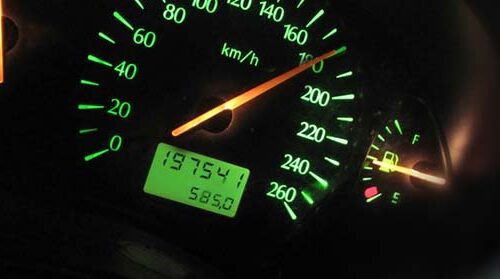EV range anxiety

For most people to consider taking an EV as their primary car, an increased range is needed.
There are alternatives such as schemes where dealers provide exchange vehicles with an internal combustion engine for longer drives. However, this solution does not give the total flexibility that some drivers need.
Tesla EVs already have realistic ranges up to around 400 miles with a rapid charge time of just 45 minutes using its Supercharger network. Whilst it may be on the wish list for many, it is not for everyone due to its price, currently starting around £65,000 and going up to over £120,000.
More affordable options such as the new Hyundai Kona EV, with an expected retail price less than half of the Tesla, will offer a range, depending on the battery size chosen, of around 300 miles. This means that for the majority of the UK population the range will be more than enough to become a first-choice car.
The problem then is not range; it is the potential inconvenience that people are concerned about. To drive a vehicle with an internal combustion engine, it takes five minutes to fill your car at any one of the 8,500 filling stations in the UK. The tank of fuel giving you a further range of anything between 400 to 700 miles.
If one has an EV and is short on energy away from home, then firstly one needs to find one of the 11,500 UK charging points not already in use. This requires a mind-set change for most drivers, with some planning required for longer journeys to ensure charging points coincide with planned routes and driving breaks.
An 80% battery charge will take between 30 and 40 minutes to allow one to continue an onward journey. This is just enough time for a comfort break, a coffee and to check a few emails. It is a mind-set change.
The issue is around the growth of the charging infrastructure versus the growth in sales of EVs. As more EVs are sold, without additional charging points, finding an available public charger when a driver needs one is going to become harder. The solution is not yet finalised, however, the Automated and Electric Vehicles Bill 2017-19 will go some way to solving the charging point infrastructure issue.
In the near future more of the barriers to ownership will be removed. The doubling of UK charge points, increased speed of charging and the introduction of wireless charging making charging an EV even easier than refuelling an internal combustion engine car will all increase the attractiveness of EVs to a wider audience.






